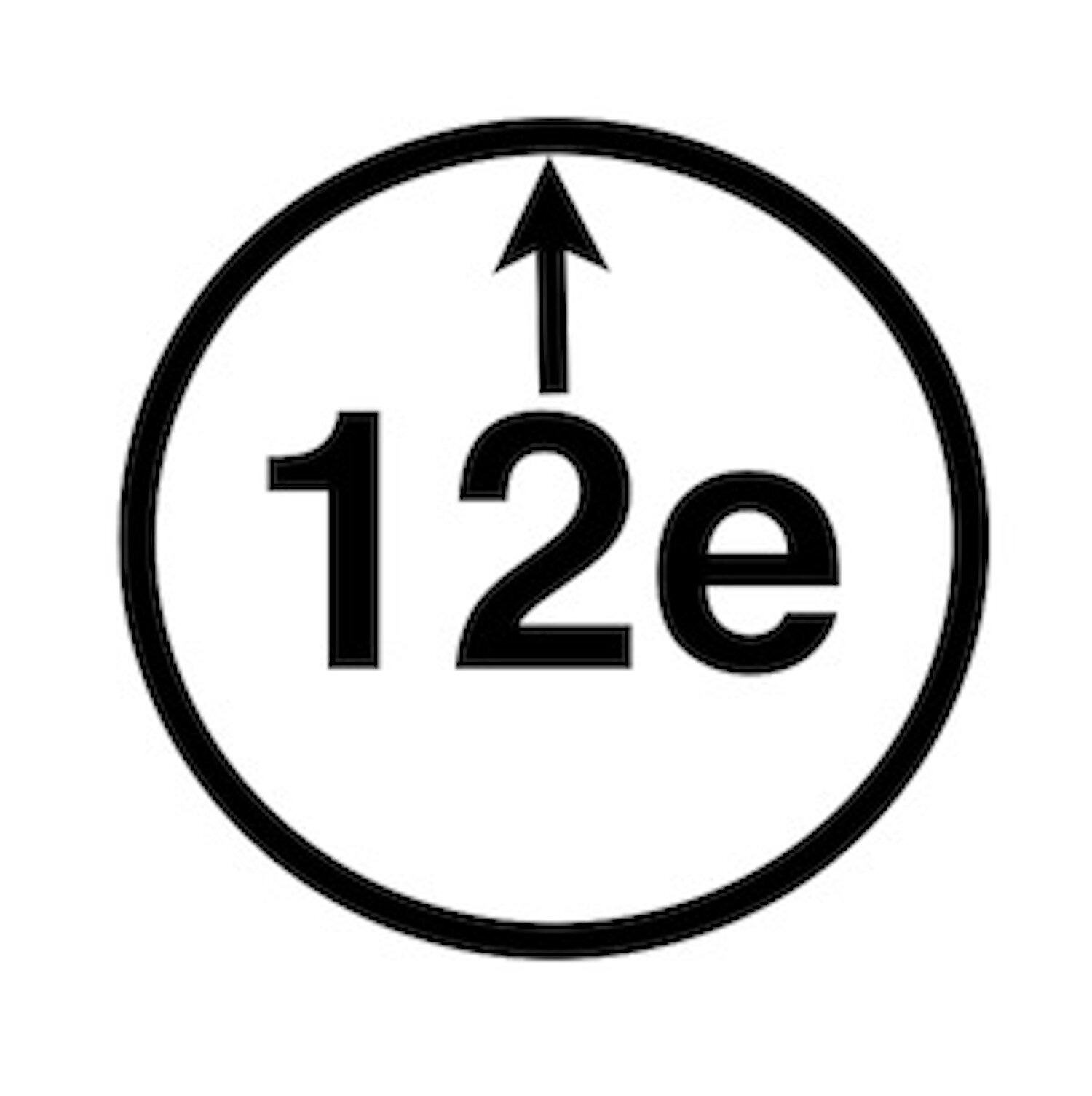Choose Your Own Adventure Ethics
Originally posted November 9, 2006
I have just finished re-reading Time Past, Time Future by John Gallagher. The work is basically an historical survey of Moral Theology. While the beginning of the work seems fairly harmless, by the end of the work, Gallagher is clearly presenting and pushing a specific theological agenda. But first, a couple of thoughts on the historical survey. It is interesting that Moral Theology arrives from the pastoral rather than the academic context. I wonder what a theology of ethics would look like if it was purely formulated in an academic context. Granted, Gallagher points out the influence of Thomism as Moral Theology emerged and evolved, but it is clear that it began with the priests and confession. Perhaps a better question would be, what is the difference between Moral Theology, in its basic historical root, and Liberation Theology. Both seem to start with the experience of the people, but Moral Theology has had enough years to be sanitized by the academy and the Magisterium. Yet on a deeper level, Moral Theology is responding to the sin of the people and the way to achieve salvation, while Liberation Theology seems to be addressing the salvation of the people and the sin of society. This is a fundamental difference between focusing on the “rule” of God vs. the experience of the people. I am not sure where I would fall with the two – probably somewhere between the two.
Another point that Gallagher makes is the unique nature of American theology. It is something that emerges in the 1890s, is squished, and then again after VII. Gallagher seems to cautiously be pushing proportionism (the Catholic version of situation ethics al la Fletcher). In proportionism, the individual chooses based on the teological end, the means to the end and the motive of the individual. The magisterium has more or less condemned this approach, but Gallagher still seems to embrace it. I can understand the Magisterium’s caution – such an approach could lead one to make decision leading to things like….abortion (shudder?) or use of birth control (gasp), or who know what else. Yet moral truisms that leave little room for negotiation can (as the proportionists argue) lead to other sins. Ah the muddy realm of ethics… didn’t Wittgenstein say something about the inarticulate nature of ethics?
